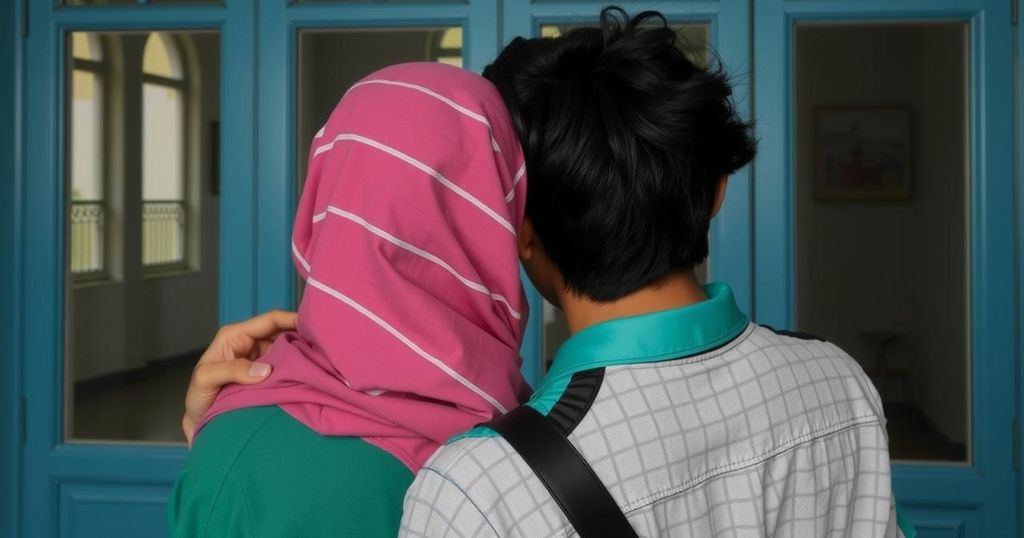Amnesty International calls for the repeal of Aceh’s new bylaw imposing flogging for consensual sex and introducing barriers for reporting rape. The law enforces severe caning sentences and risks re-victimizing individuals seeking justice while potentially normalizing sexual violence against children. It is a significant breach of human rights and complicates the legal landscape for victims in Indonesia.
Authorities in Aceh, Indonesia, are urged to rescind a newly established bylaw which imposes severe flogging penalties for consensual sexual relations, as it may allow rapists to evade prosecution. The Islamic Criminal Code, effective immediately, mandates caning for consensual sex outside marriage and same-sex relations, with penalties reaching up to 100 lashes. Furthermore, the law introduces barriers for rape reporting, requiring victims to provide incontrovertible evidence, which, if insufficient, permits alleged perpetrators to claim innocence under oath. This law undoubtedly undermines the safety of potential victims of sexual violence, as it deters reporting due to the fear of punitive repercussions for false accusations.
Additionally, the bylaw poses serious risks for children, conflating sexual violence with adultery. This approach severely undermines Indonesia’s international commitments to protect minors from sexual exploitation. Amnesty International has characterized the application of corporal punishment as cruel and degrading, calling for the immediate repeal of this law to align with basic human rights standards. Despite the unconstitutionality of such punishment in broader Indonesia, the Aceh government continues to apply caning within its jurisdiction, raising significant human rights concerns.
The recent implementation of the Islamic Criminal Code in Aceh, Indonesia, aligns with the province’s special autonomy status, which allows the local government the authority to enforce laws that diverge from national statutes. Since 2002, caning has been administered for various offenses, warranting scrutiny under international human rights obligations. It was recommended by the UN that Indonesia abolish any corporal punishment that contravenes human rights. The new law further complicates the reporting of sexual crimes, particularly against women and children, raising alarming questions regarding victims’ rights and protections.
In conclusion, the adoption of the Islamic Criminal Code in Aceh is a profound setback for human rights in Indonesia. The stipulations for flogging and barriers to reporting rape create an oppressive environment for victims, undermining their access to justice. Additionally, the criminalization of consensual sexual acts threatens individual freedoms and perpetuates harmful societal practices. Urgent actions must be taken to repeal this bylaw and ensure compliance with international human rights standards across all levels of governance.
Original Source: www.amnesty.org







